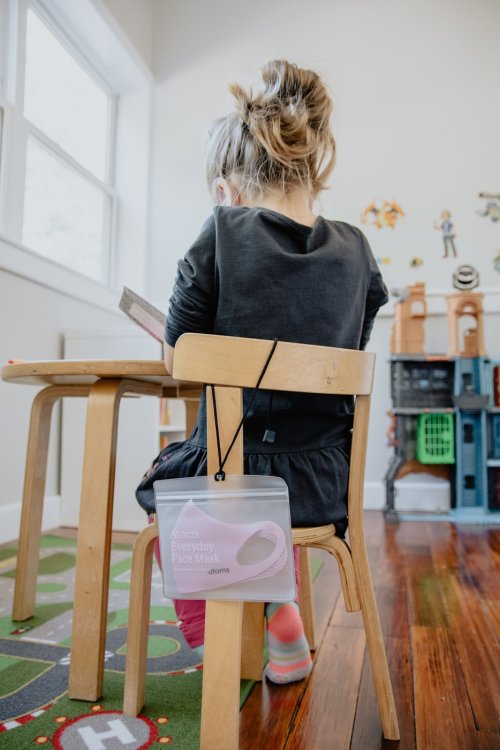
How to Support Your Students With Classroom Anxiety
It was not until recently that common troubles like stomach aches and tantrums, were classified as manifestations of anxiety in children. According to the Centers for Disease Control and Prevention, over 7% of children between the ages of 3-17 have been diagnosed with anxiety. This does not account for children whose anxiety is undiagnosed and still affecting their performance in the classroom. As an educator, if you have noticed increased anxiety in your students, especially in the transition to virtual learning, or are proactively seeking a resource to help you better support future students, use this guide to help you recognize signs of anxiety and how to help students succeed at school.
Be Vigilant: Stay on the Lookout for Signs
Going to school can be a stressor and trigger anxiety in children that do not do well in social settings. Help students learn to recognize the physical and emotional signs they may experience once their anxiety starts to escalate and work together on identifying them and how to ask for help. Some of the common symptoms of generalized anxiety in children include:

- Feeling weak or tired
- Withdrawal from classroom discussions in-person and online
- Feeling nervous or irritated
- Hyperventilation
- Sweating
- Difficulty concentrating
- Trouble sleeping
Work Together to Help Them Adjust
To help your students to feel respected and understood, teachers and teachers-in-training can apply several useful strategies to help reduce the risk of anxiety in the classroom and during virtual learning sessions. Offering alternatives to students that may feel anxious when prompted to speak in front of the class, participate in certain activities, or practicing mindful breathing practices together is a great way to show empathy and consideration as they learn to cope with symptoms.
Have a Conversation
Being open and honest about mental health with your students can be the best way to encourage them to tackle unexpected challenges, especially while attending school during a pandemic. Anxiety is not a simple thing to overcome and may impact a student's life for a long time. When working with kids with anxiety, try to communicate often about how to best avoid negative thinking or how to handle uncomfortable situations.
Follow your desire to provide a meaningful education for future generations of students and community members by studying education at Tulane School of Professional Advancement. Our Teacher Preparation and Certification Program was awarded TEAC accreditation by the Inquiry Brief Commission of the Council for the Accreditation of Education Preparation (CAEP). Request more information about our education program today to begin your journey to a meaningful career as an educator.
Explore Our Most Recent Education News & Blog Posts
Take the Next Step.
By submitting this form, you agree to receive information about the Tulane School of Professional Advancement’s programs via email, phone and/or text. You may opt out at any time.




